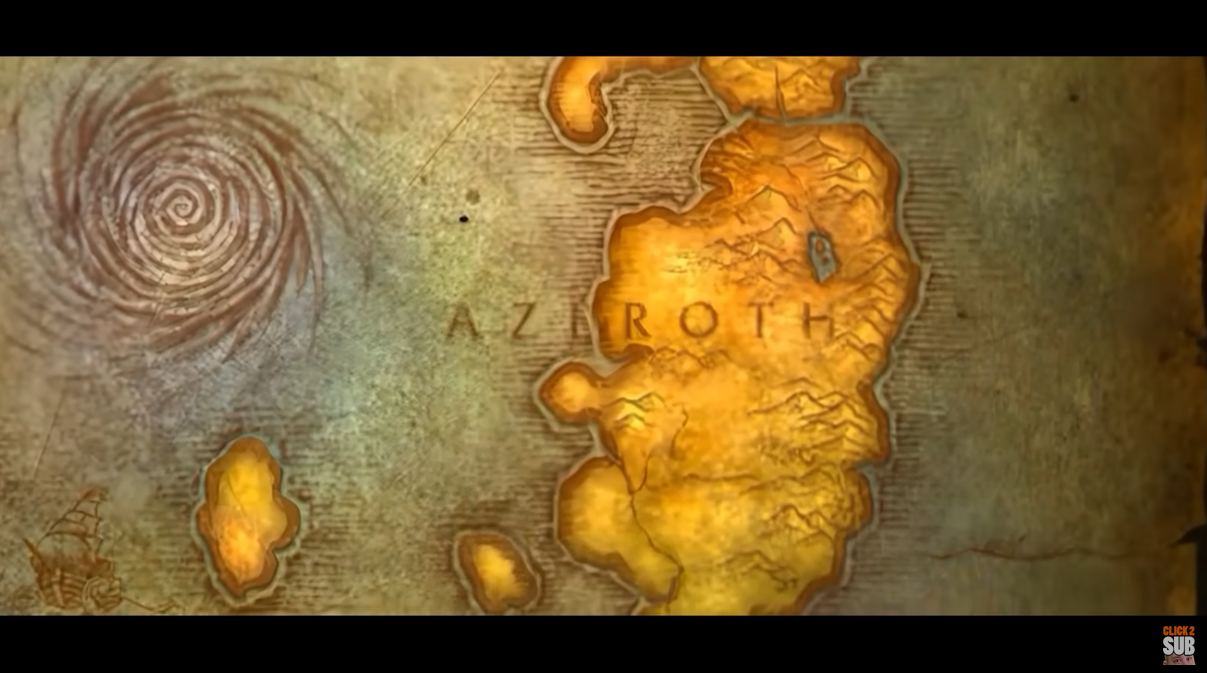A two-meter-long green mamba snake that is "extremely venomous" is out on the loose in Netherlands, according to police, who advised locals to stay indoors and not try to trap the snake under any circumstances.
The owner of the mamba snake called the police in the southern Dutch city of Tilburg on Monday night, stating that "he was missing a snake."
Police warned: "That the snake is very dangerous." They released a wanted poster featuring a mugshot of the coiled green mamba.
According to the police, they have reached out to multiple experts throughout the nation in an attempt to locate the snake within the property "as quickly as possible." They also said that a sniffer dog will be used in the hunt.
"The bite of a green mamba is incredibly poisonous. If someone gets bitten,
It's critical to get medical help right away," the cops continued.
Positively, according to authorities, the cold-blooded tropical animal "does not seek confrontation" and it is doubtful that the green mamba will slide outdoors into the bitter Dutch winter.
"It likes warm, gloomy environments. He will be extremely submissive if he discovers it, the statement claimed.
Southern East African coastal regions are home to green mambas, which are very poisonous carnivores.
What happens if a green mamba snake bites you?
If you are bitten by a mamba, it is a medical emergency, and you should seek immediate medical attention. Mambas are highly venomous snakes found in Africa, and their bites can be fatal if not treated promptly.
The black mamba (Dendroaspis polylepis) is one of the most venomous snakes in the world. Its venom is neurotoxic, meaning it affects the nervous system, leading to symptoms such as difficulty breathing, paralysis, and, ultimately, death if not treated.
The venom can also cause other systemic effects, such as vomiting, convulsions, and shock.
Is there antivenom for green mamba snake ?
If bitten by a mamba, it is crucial to get to the nearest hospital or medical facility as quickly as possible.
Antivenom is the primary treatment for mamba bites, and it needs to be administered by trained medical professionals. In some cases, supportive care, such as respiratory support and fluids, may also be necessary.







